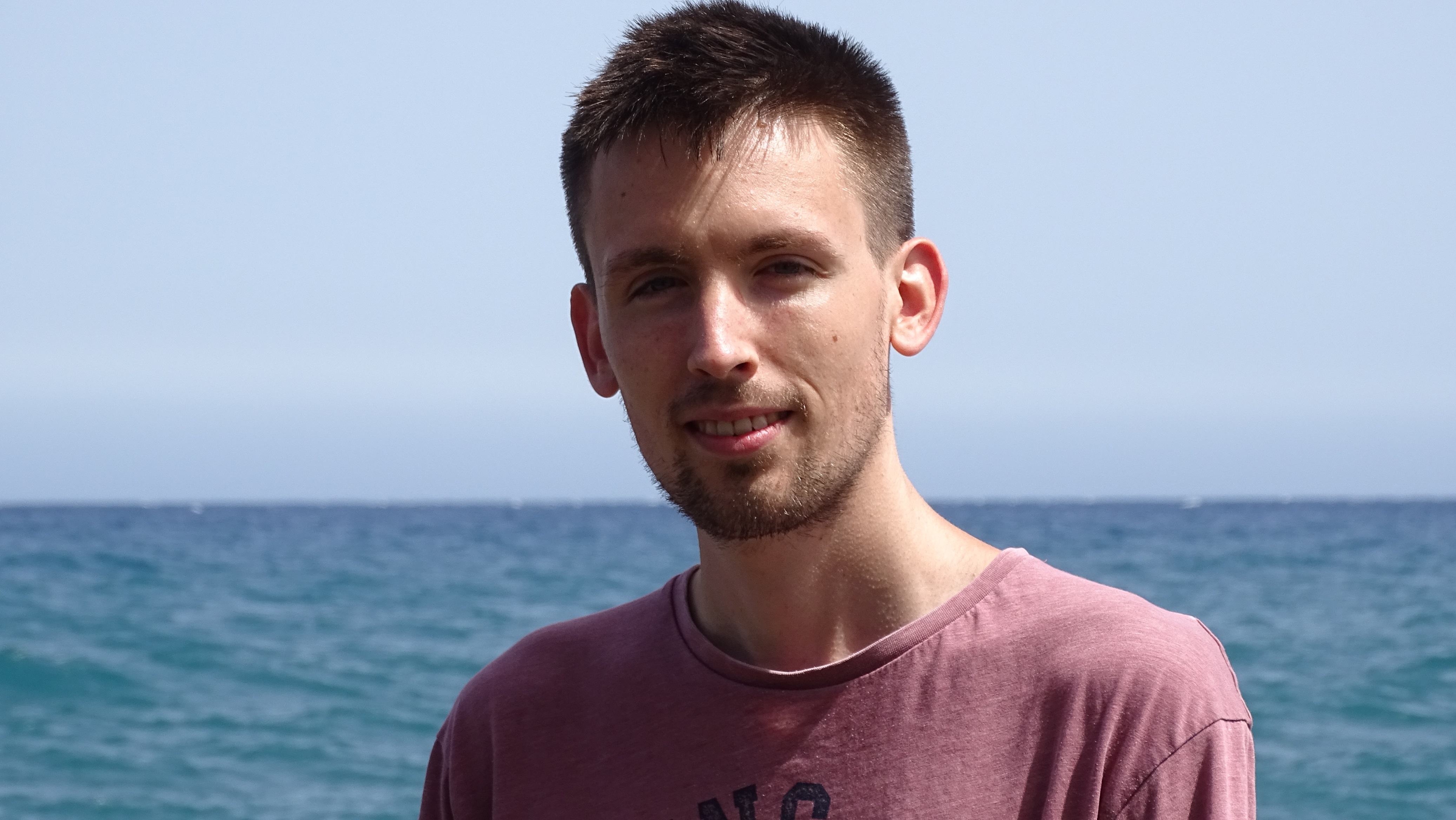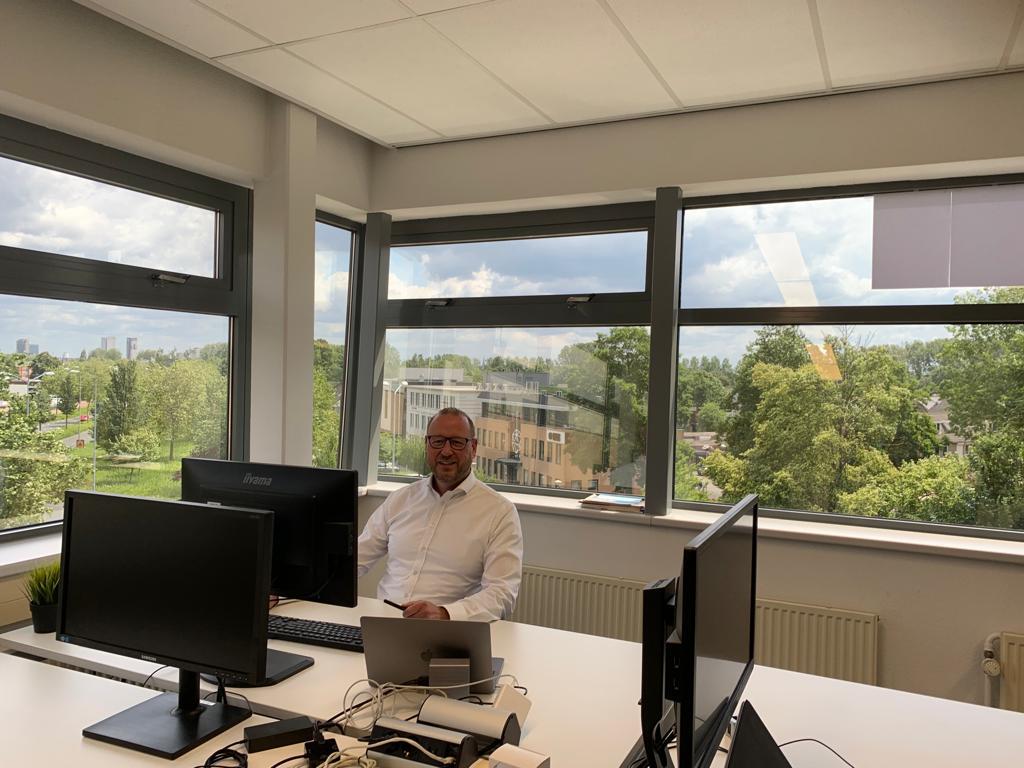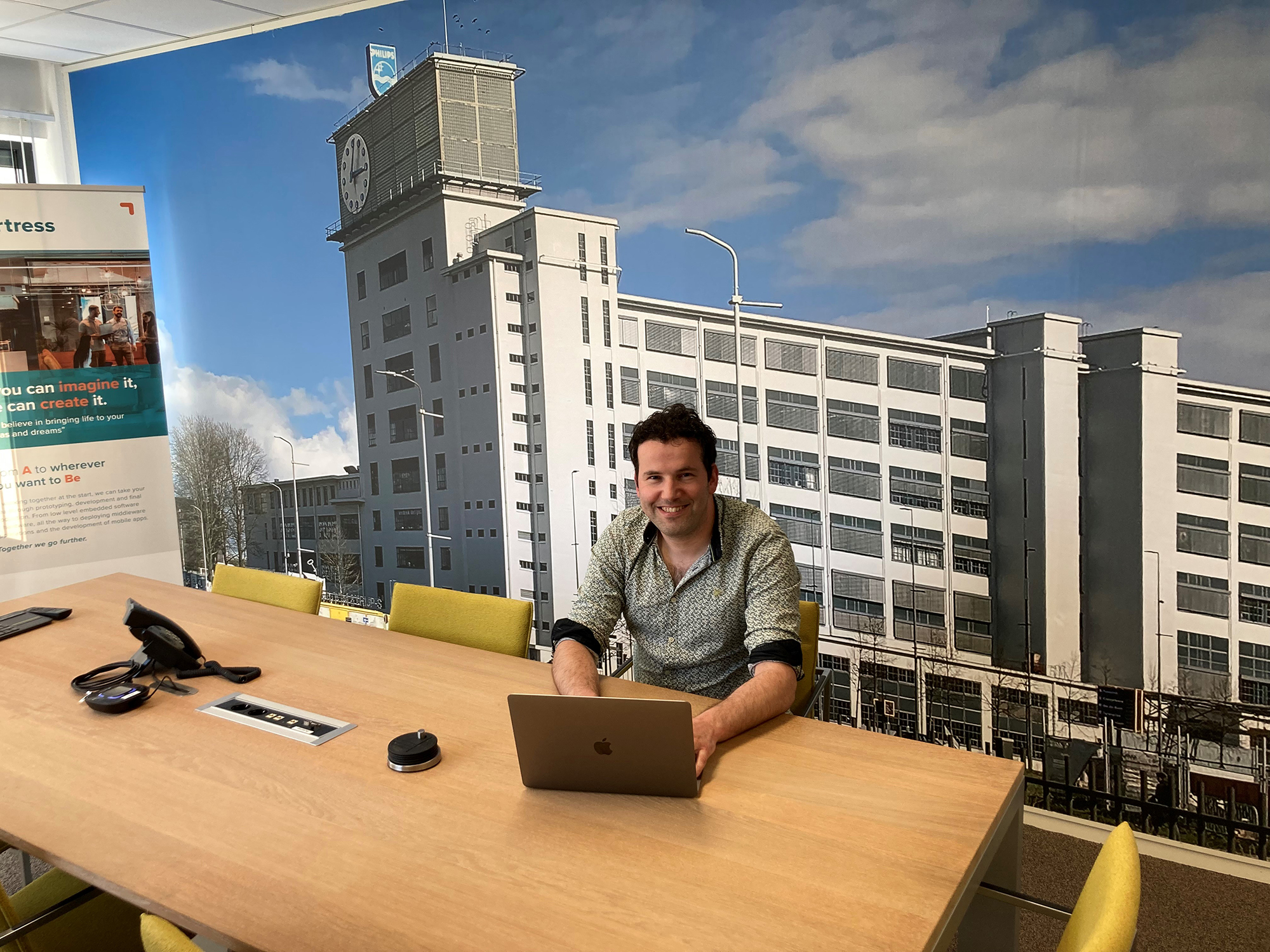
“Because nowhere is the diversity in the work greater than at Managed Services. There is a variety in the techniques that you apply, both in customers and their software environments, and in the work activities. We work for all business units of ICT Group and visit a huge number of different and often interesting places. In this work you come into contact with many different company cultures. And you need to be able to translate technical opportunities and risks into business opportunities and risks. “
Managed Services manages software solutions on behalf of customers, with the aim of optimising the lifespan. The work consists of two main components: preventing disruptions and reducing their impact should a malfunction occur. In addition, it entails keeping the environment up-to-date by continuously adapting the existing software in such a way that it keeps functioning in a frequently changing environment. The breadth of the tasks makes the service engineers at Managed Services real centipedes, says André. “They are people with a flexible attitude and with the necessary creativity. Because solving problems in code written by others requires a completely different kind of mentality than writing new code yourself.
The trick is to keep the technique in the air as long as possible while keeping it predictable.
To do so, you often have to make adjustments to the original design during the lifespan of a system. This requires you to look at the technique in a different way – you have to show a certain kind of creativity.”
André sometimes compares his work with that of a BOVAG garage, where you come into contact with all brands and types of cars. The goal is to keep a car running as long as possible, at the lowest possible cost with a minimal risk of breakdown on the road. “You do this through good preventive maintenance, tailored to the specific car and to the driving style of the driver. And you have it done by a very good breakdown service that is accessible 24×7. Call it the roadside assistance as a supplement to the regular maintenance.”
You are constantly looking at how you can renew the environment within the existing frameworks, so that on the one hand you meet the wishes of the business and on the other hand you can continue to use the existing environment as long as possible."

Understanding a customer’s business case
In Managed Services you have to have an eye for the business case, more so than in other sports within the ICT field, says André. “Customers hire us to optimise their investments. We need to use their budget as smartly as possible. You are constantly looking at how you can renew the environment within the existing frameworks, so that on the one hand you meet the wishes of the business and on the other hand you can continue to use the existing environment as long as possible.”
Even then he looks with the eyes of a ‘car mechanic’. “If a part is broken and it is a relatively cheap, possibly second car, you are more likely to opt for repairs. Whereas someone who uses the car on a daily basis for his work will probably be prepared to pay a bit more for new parts if the garage can guarantee that the problem is solved for good.”
Optimum search between preventive and reactive maintenance
In addition, Managed Services always looks for the optimum balance between preventive and reactive maintenance. The maintenance should not take place too early, but certainly not too late. We find the optimal moment by using active monitoring of systems. This means that our work is becoming more and more data-driven. AI allows us to discover patterns and learn how a system behaves in normal circumstances. We see it very quickly when the behaviour starts to deviate from the normal behaviour. But we also see it when circumstances change, which forces the system to behave in a different manner. In both situations, we can intervene in time.
Identify security risks with AI
Because the circumstances change during the lifespan of software, the software must also change along with it. Consider, for example, the growing risks in the field of cybersecurity. André: “Many of the systems we maintain were designed in a different time, at a time when it was not yet customary to connect equipment to the internet and monitor it remotely. In today’s Industry 4.0 era, customers want to take advantage of the possibilities of predictive maintenance, but you have to look carefully at how you seal the cybersecurity risks that you introduce with it. When you develop new software, you use tooling that embraces the principles of Security by Design. However, older environments are not designed according to this vision, and this is where you run into a lot more challenges. Challenges where you have to look beyond the issue itself and where you have to show a lot of creativity to come up with a solution.
Sometimes you have to advise the customer not to connect specific equipment to the internet because the risks are too great. You have to be able to substantiate that with clear arguments.
This requires that you know your business and that you can translate the technical risks into business risks. Business risks that you know well as a service engineer, because you often have been visiting customers for years, which means that you get to know the people and their company well.”
Engineers trained even faster with the HoloLens
Whereas the use of AI for quickly identifying security risks or determining the optimum balance between preventive and reactive maintenance is now business as usual, using the HoloLens is still in its infancy. “I expect that the work of service engineers will change radically,” says André. “With this technology, a colleague can look at a problem remotely while we discuss it together. We also use the HoloLens to easily access documentation. Previously it took months before we had trained service engineers in such a way that they could go to all customers, but now they can go out on their own much earlier. “
For all business units of ICT Group
This means that the work will become more fun and challenging in the coming years. If you are at the beginning of your career, you first have to make a certain number of flight hours and you do this by writing code yourself. But once you’ve mastered that and you’ve already worked on a large number of different projects, then nothing is more fun than a job at Managed Services. You get to work for all business units of ICT Group and thus visit many different companies. Companies with different objectives with regard to technology. Depending on the situation and the objective, you need to come up with solutions that need to extend the lifespan of the technique. Although you often use the same techniques, you use the same techniques in completely different situations, so you have to create completely different solutions. This profession places a much greater demand on your creativity and improvisational skills than when you are developing new software.


